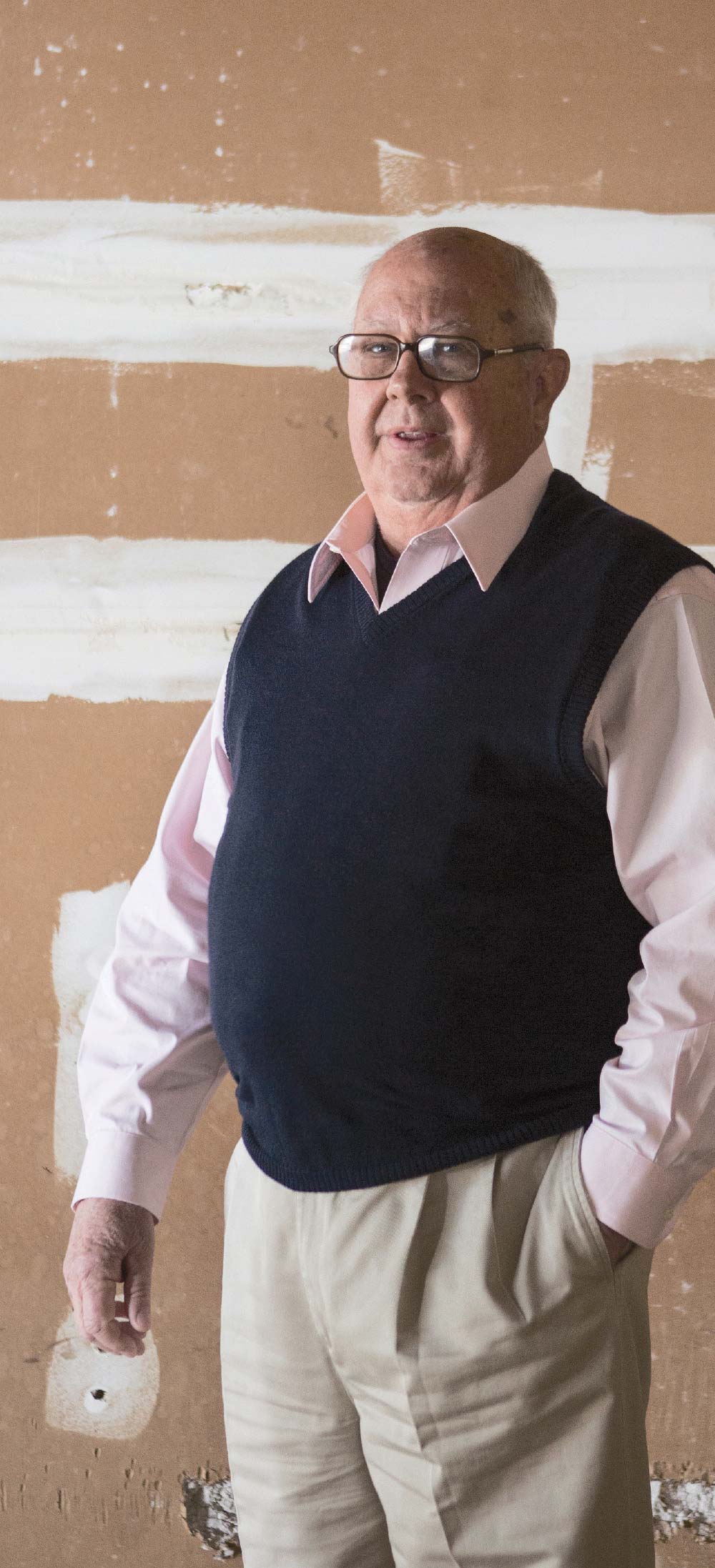as told to Robert Strauss
I saw my pastor, the Rev. Richard Streeter, was touching the hearts and minds of a lot of people. I was touching the lives of no one.
I ended up going to the Princeton Theological Seminary, and as fieldwork in my second year, I went to Trenton State Prison as a student chaplain. My work there was simple and straightforward; I would go through two cell blocks of 20 inmates each and just talk to them.
One of the 40 men was Jorge de Los Santos, and he would insist to me day after day that he was innocent of the murder in Newark that he was serving a life term for.
I always thought that the American justice system was infallible. If you were convicted of a crime, surely you must be guilty.
But after listening to de Los Santos and reading his trial record, he really shook me. Could he really be innocent?
He challenged me to do something more than just pray for him. That challenge made me take a year off and work full time on his behalf. In time, and with the help of an attorney, Paul Casteleiro, we were able to convince a federal district court that the prosecutor knew his star witness was lying, and on July 26, 1983, de Los Santos was freed.

I started a new organization named Centurion, after the Centurion at the foot of the cross who said of Jesus, “Surely, this one was innocent.”
Over the next 35 years, we freed 62 prisoners in the U.S. and Canada, who altogether had falsely served 1,303 years. We now have 10 full-time employees and many volunteers. Our budget is $1.5 to $2 million a year, all of which comes from the donations of people who believe in our mission.
It is not easy or quick work. We get about 1,500 letters a year asking for help. Once we have vetted and committed to a case, even if we are successful, it takes five to 10 years to exonerate and free a prisoner.
I called the group a ministry, because I believe it is my own ministry to serve falsely convicted people, and that this is what God set aside for me to do. But we are a secular organization. It matters not a whit to us if the people we serve have any religious inclination whatsoever.
In Isaiah there is a passage that says, “Truth has fallen from the public square … and justice is turned back … The Lord wondered that there was no one to intervene.” We are the people who seek to restore that truth. We are the interventionists. It has been a rewarding calling.